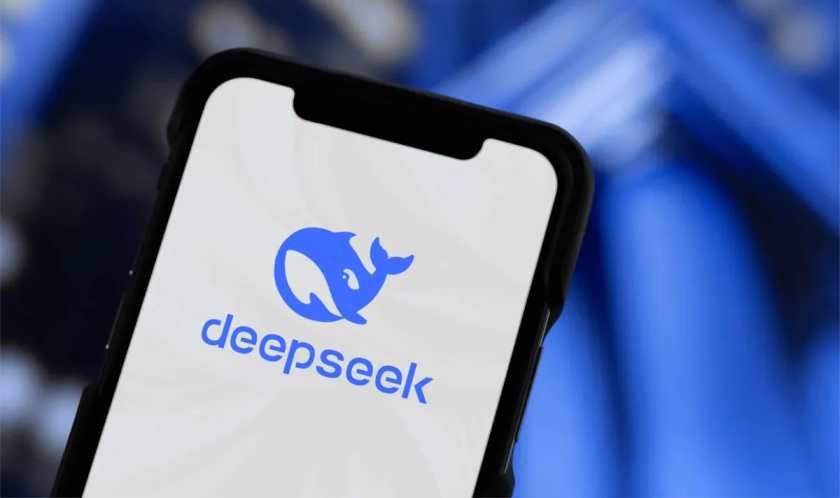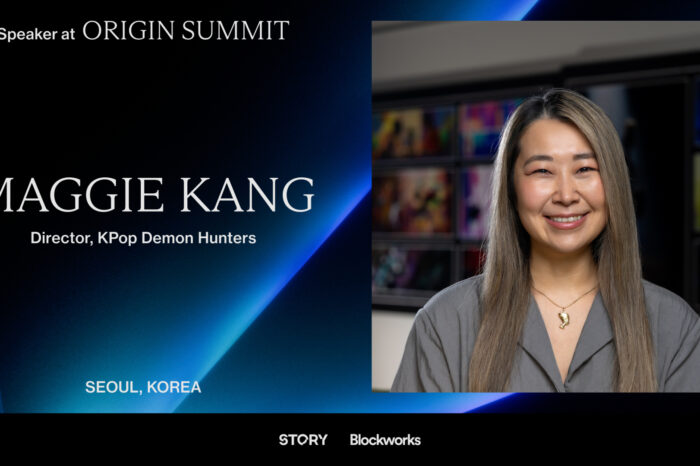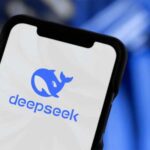DeepSeek reveals its popular AI R1 model cost just $294,000 to train, challenging US AI giants on price and chips

Chinese AI startup DeepSeek has reemerged with a figure that could reignite one of the industry’s hottest debates: training costs. The company says its reasoning-focused R1 model cost just $294,000 to train — a number that undercuts U.S. rivals by a staggering margin and challenges assumptions about what it takes to build frontier AI systems.
The disclosure came in a peer-reviewed paper published Wednesday in Nature, marking the first time the Hangzhou-based company has shared a detailed estimate of its model development expenses.
It’s a rare glimpse behind the curtain for DeepSeek, which has kept a low profile since January, when its V3 model rattled markets after outperforming OpenAI’s GPT-4o, Meta’s Llama 3.1, and Alibaba’s Qwen 2.5 on benchmark tests — all while offering a lower sticker price. That announcement sparked a sell-off in global tech stocks as investors weighed whether China’s emerging players could upend the dominance of Nvidia, OpenAI, and others.
The Nature article, co-authored by founder Liang Wenfeng, states that R1’s training required 512 Nvidia H800 chips and ran for 80 hours. The cost estimate contrasts sharply with comments from OpenAI CEO Sam Altman, who said in 2023 that “foundational model training” had cost his company “much more” than $100 million, according to a report from Reuters. Meanwhile, OpenAI has never released detailed figures, leaving the gap between U.S. and Chinese cost structures open to speculation.
Skepticism, however, lingers. U.S. officials have questioned DeepSeek’s claims, particularly around its access to high-end chips restricted by export controls. The company maintains that the R1 training relied on H800s, Nvidia’s China-specific hardware, but acknowledged for the first time in supplementary material that it also owns A100 chips, which were used in early preparatory phases of development. That admission adds weight to earlier reports suggesting DeepSeek is one of the few Chinese firms running an A100 supercomputing cluster — a major draw for top AI talent in China.
The scrutiny comes at a time when cost efficiency has become as critical as raw performance in the AI race. With Nvidia’s hardware at the center of escalating U.S.-China tech tensions, DeepSeek’s claims aren’t just about engineering — they’re about geopolitics, capital markets, and whether the established narrative around who controls AI’s future is starting to shift.
For now, DeepSeek’s $294,000 claim stands as both a bold statement and an open challenge: that training state-of-the-art reasoning models might be achievable for far less than the nine-figure sums often cited in Silicon Valley. Whether rivals — or regulators — accept that figure is another matter.
In late January, DeepSeek surpassed ChatGPT on the App Store as the Chinese AI startup sent shockwaves through tech stocks. DeepSeek’s success highlights the growing competitiveness of China’s AI sector.
Founded in Hangzhou in 2023, DeepSeek emerged amidst a surge of innovation in the region, joining a wave of companies racing to develop AI models. While many have released their own tools, DeepSeek stands out as the first to earn recognition from the U.S. tech industry for matching or surpassing the performance of leading American models.
DeepSeek



